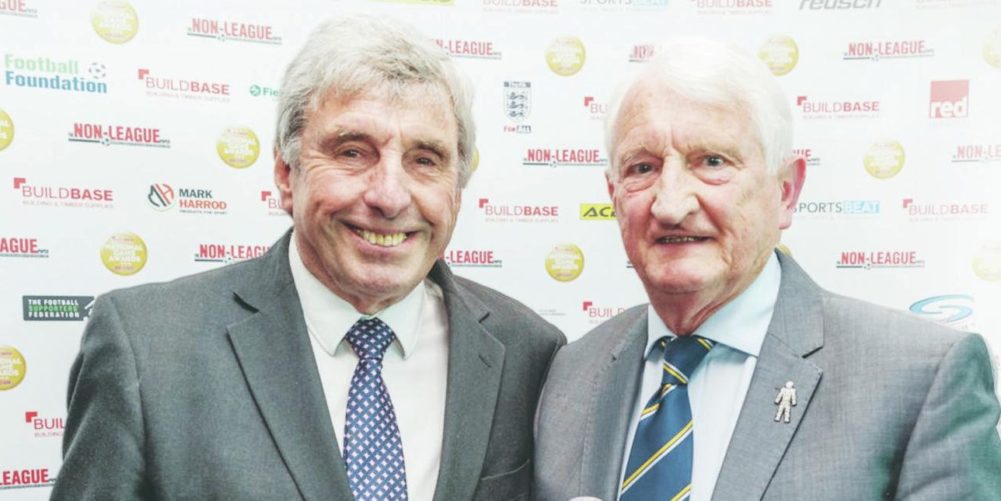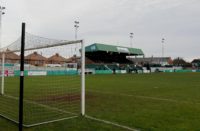If strikers tend to hog the football headlines, then this journalism ‘sport’ is all too often all about the writers.
However, David Emery, who passed away this week, 16 months after suffering a debilitating stroke, was a giant of the backbench, a true journalists’ editor, who could, when he put pen to paper, still write his staff off the page. Over 50 years on, his book, Lillian, is still a working best example of a sports biography.
From his days as head of sport at the Daily Express, where he put together a team that included titans of the trade such as Jim Lawton, Bob McKenzie, Steve Curry and Charlie Sale, to launching Britain’s first national sports paper, Sport First, David’s journalism came with a swaggering and pioneering spirit.
He can also claim to have launched perhaps more national newspapers than anyone else – move aside Mr Murdoch – from The Non-League Paper to The Rugby Paper to The League Paper and The Cricket Paper.
Any given Sunday and there will be more titles owned by his Greenways Media team – now run by his sons Sam and Matt – than News UK and Reach on the shelves of your local newsagent.
To spend nearly 40 years in the editor’s chair is surely unprecedented in British sports journalism – supporting, encouraging, cajoling and inspiring generation after generation of sports reporters in process, underlined by the tributes that have followed the news of his passing.
David loved covering the big events, was full of stories of chasing Zola Budd around the Los Angeles Olympics or Socrates and Michel Platini at the 1986 World Cup in Mexico, but was mainly in his element back in the office, shaping stories, images and headlines.
After leaving the Express, he launched Sport First in March 1998, billed as Britain’s answer to L’Equipe and La Gazzetta dello Sport.
The first edition, a whopping 48-page broadsheet, had his fingerprints on every page. Not just football, rugby and cricket – covered from every step on the pyramid – but stories on 20 different sports, his lifelong passion for the Olympics and athletics very clear to see.
Within a few months, despite limited marketing, Sport First was selling nearly 100,000 copies and in the editor’s words ‘upsetting all the right people’. Fleet Street was soon taking notice, launching a succession of Sunday supplements in response. It is not an exaggeration to say David’s vision changed the way we consumed sports journalism.
There are many great production feats in journalism, but David and his team produced a weekly miracle with The Non-League Paper, which launched in 2000 and is still going strong – despite some gloomy launch predictions – 23 years later. Those early editions included more than 200 on the whistle match reports from leagues up and down the country. The copy was sometimes filed from the clubhouse bar by the slightly inebriated groundsman but when it hit the shelves the following morning, you wouldn’t have known it.
Working a live production shift on The NLP could teach you a year of journalism lessons between the hours of five and nine on a Saturday evening, with David, rarely fazed by an onrushing print deadline, deftly pulling the strings, while keeping an ear on the racing results.
After giving Non-League football unprecedented coverage, David turned his attention to the Football League and rugby union with equal success. His outstanding contribution to rugby journalism was recently recognised by the Rugby Union Writers’ Club.
David was also a long-time supporter of the Sports Journalists’ Association, serving on the committee and taking over the chairman’s role in 1986.
He was an ever-present at every event we staged and the person with the biggest crowd around them in the pub after all the formalities had wrapped.
The thoughts of all at the Sports Journalists’ Association are with David’s wife Sarah and children Alex, Matt, George, Sam and Jack.






















